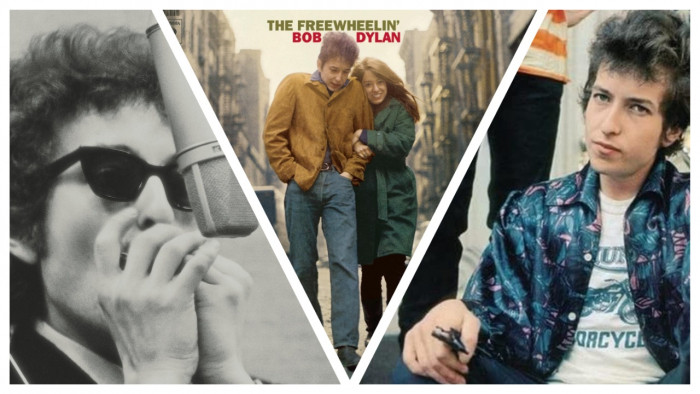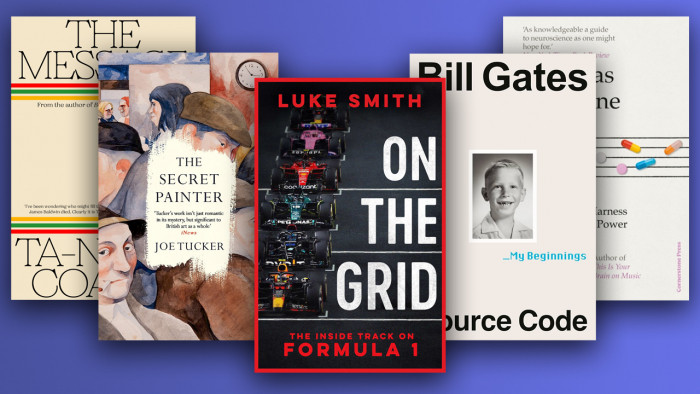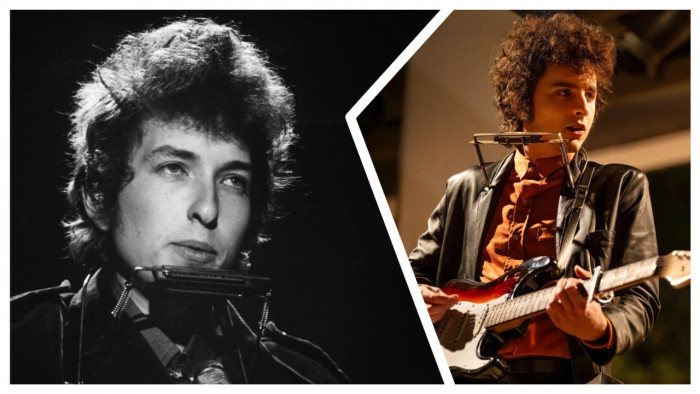The way music is made, promoted, sold and consumed has changed a great deal. Our first album had to be made twice — due to the band losing its record deal and therefore, recordings — but I’m glad that we experienced the old big-budget, purpose-built acoustic environments, of which there are so few these days. We recorded at Real World, Peter Gabriel’s beautiful studio in Wiltshire, and Parr Street Studios in Liverpool, both of which are, thankfully, still recording studios. Very early on we worked to tape, and old production skills that the likes of producer Steve Osborne possess, such as splicing tape by hand, are slowly becoming lost wizardry. It’s a shame that these cathedrals of sound are struggling to stay open, but it’s also a blessing that it no longer costs a million pounds to cut a record.
We now live in a time where music is coming direct from the bedroom, written for a worldwide audience without being messed with or filtered. Before you could record your own music cheaply, I saw a handful of bands play live to local critical acclaim, court the record companies, secure a hefty advance and then produce a record with none of the individuality or excitement displayed in those early shows. We referred to this as ‘the mangle’. It was very common for record companies trying to protect their investment to apply a business model — turning guitar bands into carbon copies of whatever else had been successful that year. This didn’t work for the bands or the companies, and saw lots of great music hammered into a bland mould.
The worst thing about that situation is how much music we lost, but, thankfully, this isn’t a problem any more. Manufactured pop is unashamedly so and exists in a space where the turnover is quick and the artists very young. The rest of music is being left alone to breathe and change and borrow and steal. It isn’t essential that music innovates; it can be a commodity, a quick fix, something reliable that matches the coffee table. That’s fine. I actually think that’s how most people use music. But for those of us who turn the journey to work into a scene from a different film every day depending on the soundtrack, who cling to a good song on a bad day like a life raft, can conjure a memory instantly from the opening bars of an old favourite, who have the same feelings when hearing an album we don’t listen to any more that we do when thinking of an ex-lover… there has never been a better time for music.
THE NEW GUARD
There’s an energy present when a young artist is writing, singing or playing to the very edge of their ability that is shaken out of their music when technical competence grows or cynicism sets in. The world is now swimming with these fresh, exciting ideas and, most wonderfully of all, there are more women making records. I think women particularly fell foul to the mangle and were encouraged to exploit their sexuality or dumb down their lyrics. This is happening much less.
In fact, there is so much good new music around that we all need recommendations; which increases the need for a tour guide. Thankfully, there are plenty of volunteers. The more music websites become popular, the more their writers are trusted. There needs to be more, not less, radio, which is why it’s so pleasing that 6 Music didn’t close last year. One of 6 Music’s main arguments for staying open was that it was feeding new music and therefore small clubs all over the country. It’s more difficult to make money from music than it used to be, but the gap left by record company promotion is being closed by the internet, radio and small clubs. But ultimately, when you can make your own record and video, when you can promote your music directly into the homes of your listeners without the help of a record company, when there are more small clubs putting on more shows every night of the week all over the UK, the only thing you have to do to succeed is be good.
Live music venues were the hub of my community growing up, not just for bands but also for photographers, painters, writers, dancers, teachers, businessmen and women — and they still are. How a society treats the arts is a clear indication of its spiritual and emotional health. Sometimes music is a reflection of what’s happening, sometimes it moves mountains, sometimes it’s a comforting aside from life and sometimes it shapes life and motivates people.
PART OF THE SCENE
I feel so very lucky to be part of British music. I have, with my best friends, realised every childhood dream I’ve had. We’ve won awards, sold records and we’re about to embark on our first arena tour, culminating in two nights at The O2 in London. We’ve met our heroes, seen the world and been paid for it. Literally a dream come true. But the most important experiences we’ve had as a band have been afforded to us by organisations and funding for the arts.
Manchester International Festival suggested a collaboration with the Hallé Orchestra — two performances of reworked songs from our back catalogue by the amazing composer Joe Duddell. The second performance was broadcast live to Castlefield Arena where 6,000 people sat in the sunshine and watched the performance on a giant screen with excellent sound, for free. The performance ended with Manchester Town Hall bells playing the refrain from One Day Like This. We’ve never been more proud. The Hallé is the oldest professional orchestra in the UK and one of the best. We never dreamed we’d hear them playing our melodies. The generosity of spirit from everybody involved in that project was a life lesson for the band: the more room you give to creative people, the better the result.
The word ‘generosity’ came up a lot when writing our latest record and when discussing the upcoming live shows. We worked hard at paring down our music to the bare essentials, and while the minimalism was stark, we decided it was more generous to involve the Hallé Youth Choir. The reason? Because the sound of young people singing together is remarkable. The number of people coming to see us isn’t just very flattering, it’s really exciting and I hope they consider singing along to our music to be a collaboration between us and them. We will shrink those arenas and see how intimate we can make those enormous rooms. We want everybody who comes to see us to realise how much we appreciate them. I don’t care how clichéd that sounds. It’s probably worth mentioning that every night we, like them, will be a bit p*ssed. We can’t wait.
In trying to recommend some of the new artists I’ve been talking about, I realised I could fill a book. So I’ve decided to settle on one that proves my point about how beautiful, powerful and original the new way of making and promoting music is. Listen to Ring by Glasser. Cameron Mesirow (AKA Glasser) made the whole record on GarageBand, which is the music-making software that comes as standard with any Mac. The fact that the technology is cheap and easy to use makes this no less impressive as a record. We have a direct conduit to Cameron’s bedroom. No mangle, just the support of an enormous online music-loving community.
The title of Elbow’s latest album is build a rocket boys!. It’s a lyric from the first track that we put online, Lippy Kids. The song begins with the sound of a nervous group of lads on a street corner and by the chorus I’m encouraging them to build a rocket. I’m still in the gang I joined 20 years ago. Like the characters in the song, all we were doing when we were standing on street corners was finding out who we were and who we wanted to be. Lyrically, this is a record about the ups and downs of being young through the eyes of someone who loved and hated it all at the same time. Ultimately though, when Elbow listen to this record in years to come it will remind us of how it felt to be the same old friends, in the same wonderful studio, in the same old town, making another record we’re immensely proud of. But this time, in the warm glow of having realised all the plans we made as boys. There’s never been a better time to make music. Our album title recommends that everybody has a go.
Images: Rex features










